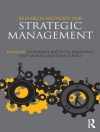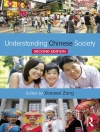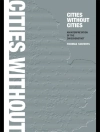This book explores developments in the Russian mass media since the collapse of the USSR in 1991. Complementing and building upon its companion volume, Television and Culture in Putin’s Russia: Remote Control, it traces the tensions resulting from the effective return to state-control under Putin of a mass media privatised and accorded its first, limited, taste of independence in the Yeltsin period. It surveys the key developments in Russian media since 1991, including the printed press, television and new media, and investigates the contradictions of the post-Soviet media market that have affected the development of the media sector in recent years. It analyses the impact of the Putin presidency, including the ways in which the media have constructed Putin’s image in order to consolidate his power and their role in securing his election victories in 2000 and 2004. It goes on to consider the status and function of journalism in post-Soviet Russia, discussing the conflict between market needs and those of censorship, the gulf that has arisen separating journalists from their audiences. The relationship between television and politics is examined, and also the role of television as entertainment, as well as its role in nation building and the projection of a national identity. Finally, it appraises the increasingly important role of new media and the internet. Overall, this book is a detailed investigation of the development of mass media in Russia since the end of Communism and the collapse of the Soviet Union.
Birgit Beumers & Stephen Hutchings
Post-Soviet Russian Media [PDF ebook]
Conflicting Signals
Post-Soviet Russian Media [PDF ebook]
Conflicting Signals
购买此电子书可免费获赠一本!
语言 英语 ● 格式 PDF ● 网页 264 ● ISBN 9780203886625 ● 编辑 Birgit Beumers & Stephen Hutchings ● 出版者 Taylor and Francis ● 发布时间 2008 ● 下载 6 时 ● 货币 EUR ● ID 2299147 ● 复制保护 Adobe DRM
需要具备DRM功能的电子书阅读器












